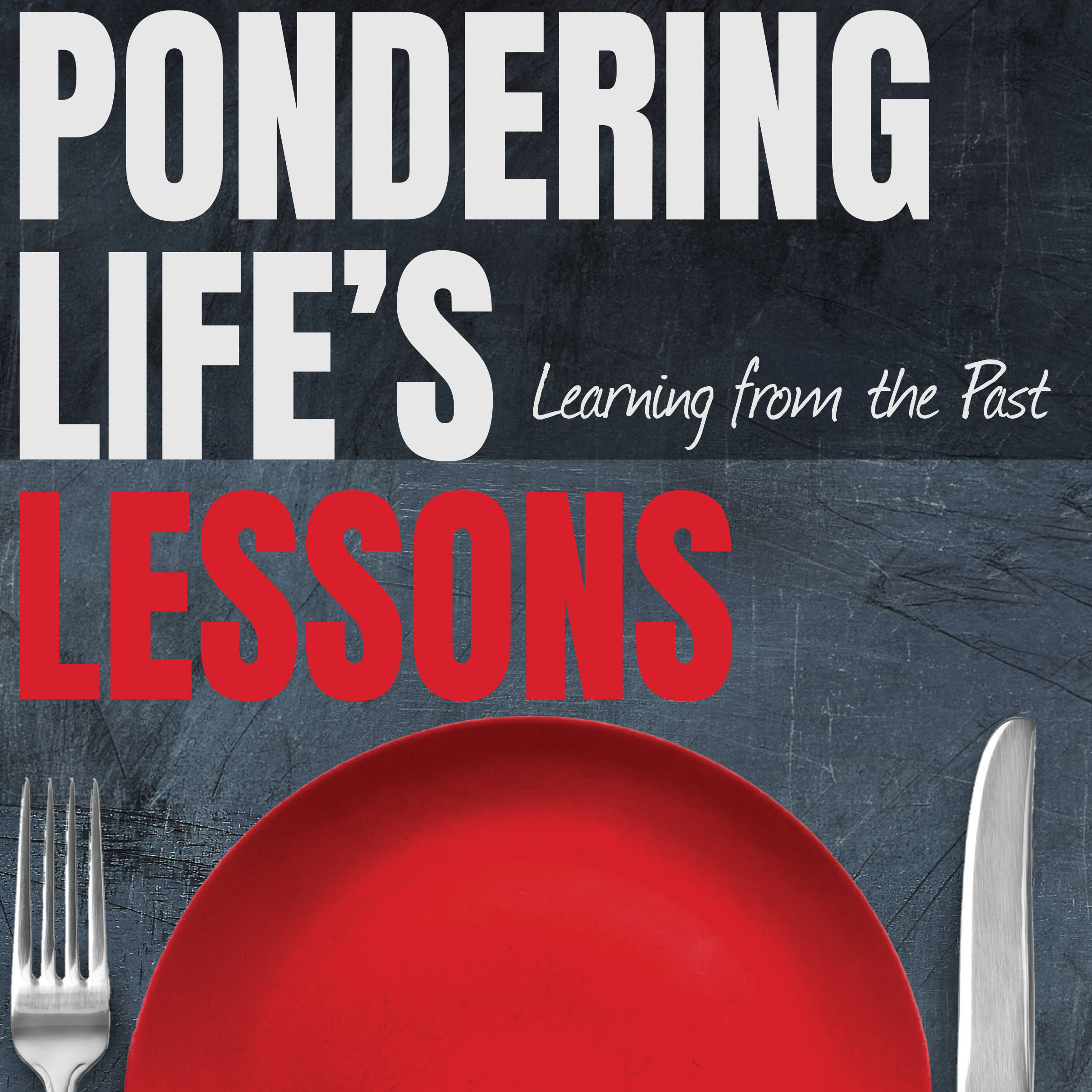I have enjoyed a career in education spanning over forty-five years. I’ve taught, served as a building principal, been a school superintendent and now do consulting work.
Once, several years ago in my elementary school principal days, I received a phone call from a friend and new school principal. He needed my advice. He was the K-12 principal in a small school district. Students were housed in two buildings.

On this particular day, it was raining. My friend, Dave, had two recess aides who supervised students during the elementary school’s lunch and recess. When inclement weather forced students inside, their supervision was a greater challenge because students were confined to their rooms rather than having the opportunity to play outside. Both aides had called in “sick” and no substitutes were available. This meant that Dave would have supervise students to insure that his teachers were granted their contractual “duty free lunch/recess”.
Students in the secondary school building started lunch prior to the elementary school. Dave made it a practice to be in this building during the lunch hour. True to form Dave was in the high school at the beginning of lunch. His plan to report to the elementary school in time to their lunch hour was interrupted when a food fight broke out in the high school. He quickly called his elementary school secretary, described his dilemma and directed her to seek the elementary school teachers’ help by having them supervise their own students during lunch and recess while he remained in the high school.
After dealing with the high school food fight, Dave went back to the elementary school and learned that the teachers had not done as he had hoped. Students went to lunch, supervised by the school secretary, and returned to class for an unsupervised indoor recess.
Dave was furious. He called an emergency staff meeting to begin immediately after school dismissed. He called me ten minutes before the meeting was to begin. Dave described his situation and sought my advice. He couldn’t believe that this staff could be so unresponsive – so irresponsible. How could they place their personal needs and contractual benefits above the needs and safety of their students?
My advice was simple. I pointed out that he didn’t truly have all of the information that he needed to deal with the staff appropriately. He didn’t know what the secretary had said to the teachers. Had she asked for their help on his behalf or simply told them that they must stay with their students? What words did she use and what was her tone? We explored a number of unanswered questions. One thing was clear. He was upset and he was going to let everyone know.
Before he hung up, I asked him to take a deep breath, think of the precedent that he was about to set and to remember….
No matter what you choose to say, or how you say it, it’s gonna rain again.
My point? No matter what you do in life, what course of action you take, similar situations will arise and you need to consider that fact. How you react to one situation will be scrutinized when the next one arises. In Dave’s case, he will want his teachers to help him down the road. If he alienates people, they will be less likely to help him when the next problem arises. He can let them know that he is disappointed in their lack of help this time without degrading them. He shouldn’t let his initial anger affect the course of action he takes. Like I said, it’s gonna rain again.

